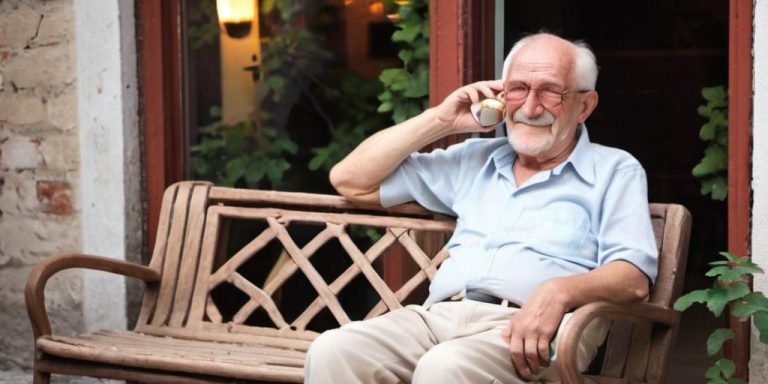
Most people ask this question too late. By the time it comes up in conversation, it’s usually because retirement isn’t some fuzzy idea anymore — it’s visible on the calendar. And that’s the problem. The short answer? As early as possible. The more useful answer depends on how you think about money, time and what kind of life you imagine later on. Saving for retirement isn’t about numbers first, it’s about control. Control over how long you work, how you live, and what you’ll never have to worry about again.
Why early matters more than how much
If you start saving at 25, you’ll never have to save as much as someone starting at 45. That’s not some financial gimmick — it’s compound interest doing the work. A smaller monthly contribution made consistently over 35 years grows faster and larger than big chunks saved late in the game. What really counts isn’t your salary or even how smart you are with investments — it’s time.
Even saving modest amounts early gives you more options later. You might stop working earlier, reduce your hours in your 60s or have the flexibility to deal with health issues, family needs, or just… boredom. That’s not about being rich — it’s about not being stuck.
The danger of starting too late
Waiting until your 40s or 50s means you’ll likely need to save at rates that feel impossible, sometimes 25% or more of your income just to catch up. And even then, you may be working longer than you want to. Retirement might start to feel more like a deadline than a choice. Plus, if you delay, you miss out on decades of potential investment growth.
People often underestimate how long retirement actually lasts. Living well into your 80s or 90s is not unusual anymore. That’s 20 to 30 years of living expenses — without a salary. If you’re not preparing for that, you’re putting future-you in a pretty uncomfortable spot.
Common excuses — and why they don’t hold up
A lot of people don’t start saving because they think they don’t earn enough, or that they’ll get to it once they “figure out” their career or get a raise. But those raises come with bigger expenses too — families, homes, school costs. There’s no “perfect” moment to start, just a better one: now.
The first few years of saving feel slow. You won’t see huge gains, and that’s fine. It’s like building the foundation of a house. You don’t notice it at first, but everything stable sits on top of it. The real mistake is assuming you’ll save more later. Most people don’t. Life always finds a way to use up your money if you don’t give it a job first.
So when, really?
If you’re in your 20s, save. If you’re in your 30s, start now. If you’re in your 40s or 50s, don’t waste time regretting — do something. The “right” age is the one you are today. Because you can’t rewind the clock, but you can stop wasting time.
Start with what you can. Whether it’s a pension fund, retirement savings account, or even a personal investment — any amount that leaves your checking account and starts working for your future self is the right move.
The Pension Gruber perspective
At Pension Gruber, we meet guests who are at every stage of this conversation — some newly retired and relaxed, others clearly still carrying the weight of work. What they have in common? None of them regret starting early. The ones who feel free talk more about their hobbies, their kids, the next trip they want to take. The ones who started too late talk about money. Every time.
It’s not about living with less. It’s about building enough so you can live without stress. The more your future costs are covered, the more your time becomes your own. That’s the best kind of freedom — and it doesn’t come from luck or late-night spreadsheets. It comes from starting, even if you start small.
If you’re still asking the question “At what age should I start saving for retirement?” — you already know the answer. Start now.






